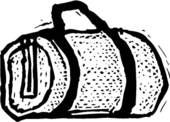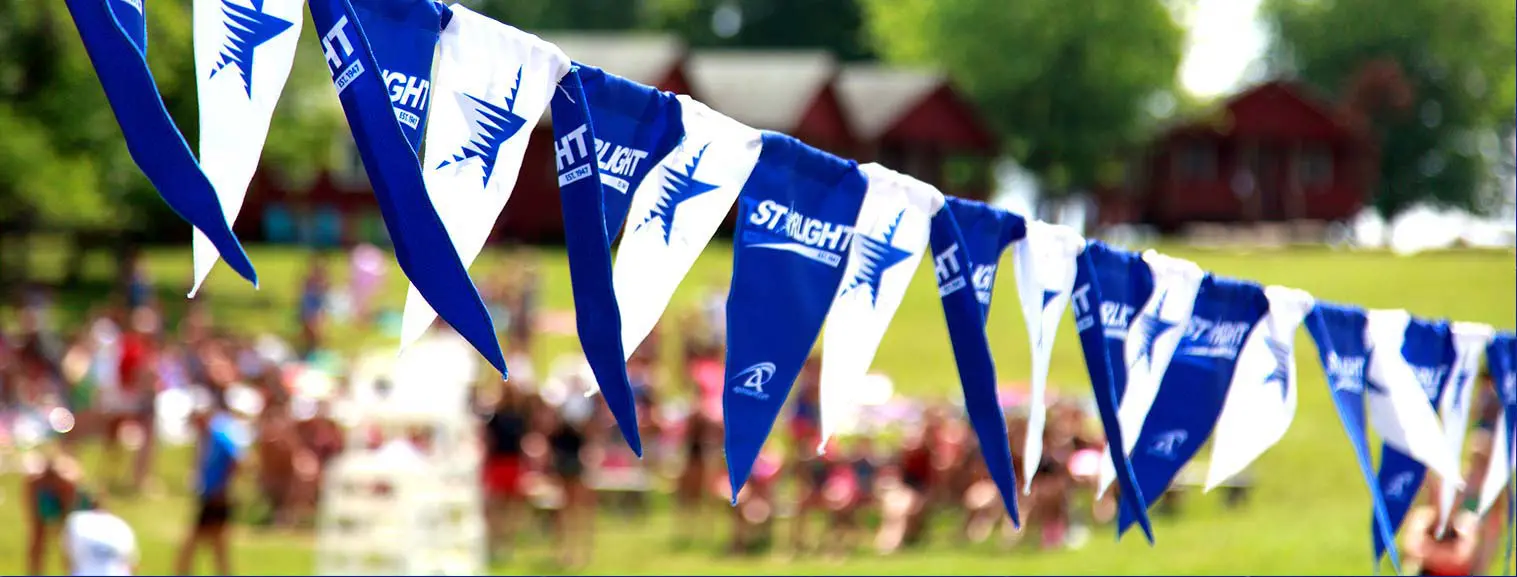 May means a lot of things to a lot of people. To some it’s Memorial Day and the official beginning of summer. For others, it marks the end of another school year. For summer camp parents, it means it’s time to start thinking about packing. For first time parents, the task can seem absolutely overwhelming. How much sunscreen and shampoo do I pack? Do they really need shinguards? How many t-shirts are enough? For seasoned camp parents, packing is a science based on experience. The art is in packing just enough but not too much or too little…and knowing which items the children have sneaked into their bags to take out and which ones to let go. Packing properly takes time…and patience.
May means a lot of things to a lot of people. To some it’s Memorial Day and the official beginning of summer. For others, it marks the end of another school year. For summer camp parents, it means it’s time to start thinking about packing. For first time parents, the task can seem absolutely overwhelming. How much sunscreen and shampoo do I pack? Do they really need shinguards? How many t-shirts are enough? For seasoned camp parents, packing is a science based on experience. The art is in packing just enough but not too much or too little…and knowing which items the children have sneaked into their bags to take out and which ones to let go. Packing properly takes time…and patience.
Camps provide rather comprehensive packing lists. These should not be disregarded. They’re compiled by professionals with years of camping experience who have excellent knowledge of what children’s bags need to contain in order for them to arrive prepared for a successful summer at camp. Also keep in mind when packing that living space is somewhat limited at camp. Your child will not have his or her own room at  summer camp. He or she will live together with several other campers as well as a couple of counselors. This means that there is not a whole lot of room for “extras” and labeling clothes is important as mix-ups are otherwise bound to happen. If laundry is your primary concern, rest assured that camp laundry is done at least once per week. Your child’s counselors and other camp staff will see to it that your child has clean clothes.
summer camp. He or she will live together with several other campers as well as a couple of counselors. This means that there is not a whole lot of room for “extras” and labeling clothes is important as mix-ups are otherwise bound to happen. If laundry is your primary concern, rest assured that camp laundry is done at least once per week. Your child’s counselors and other camp staff will see to it that your child has clean clothes.
Summer camp values also often downplay appearance. The emphasis of summer camp is on fun, friendship, and safety. Before the end of the summer, your child will likely get wet, slimed, painted, generally messy, and a host of other cool things that tend to make children laugh and adults cringe. So keep the really good stuff at home and send clothes that neither you nor they will miss too much if they have to be “retired” at the end of the summer.
 It’s important for both new and seasoned camp parents to pay as much attention to the items your child’s camp asks not to bring as those items it asks to bring. There is a reason your camp requests that certain items not be brought onto campus, whether it’s to help facilitate a specific environment, protect those with allergies, or to avoid other issues not conducive to the spirit of summer camp. Packing “do not bring” items risks them being lost or confiscated until the end of the summer. This ultimately causes undo stress on your children. Alleviating stress that results from the idea of having to leave a beloved item such as a cell phone or notepad at home is typically accomplished by reiterating to children about what they will have at camp as opposed to what they won’t.
It’s important for both new and seasoned camp parents to pay as much attention to the items your child’s camp asks not to bring as those items it asks to bring. There is a reason your camp requests that certain items not be brought onto campus, whether it’s to help facilitate a specific environment, protect those with allergies, or to avoid other issues not conducive to the spirit of summer camp. Packing “do not bring” items risks them being lost or confiscated until the end of the summer. This ultimately causes undo stress on your children. Alleviating stress that results from the idea of having to leave a beloved item such as a cell phone or notepad at home is typically accomplished by reiterating to children about what they will have at camp as opposed to what they won’t.
By following your camp’s advice and being proactive rather than reactive, packing for camp can be a fun countdown to camp rather than a reactive chore.





